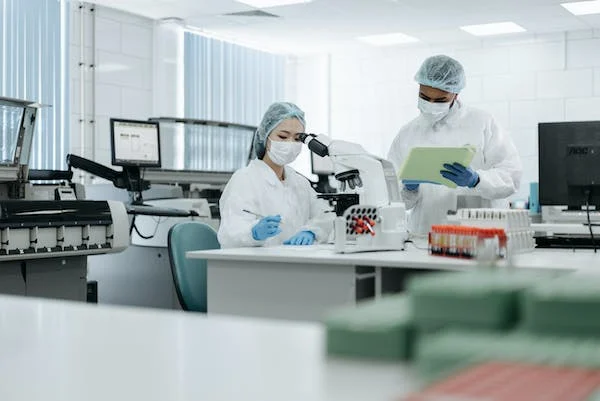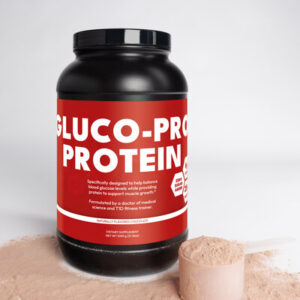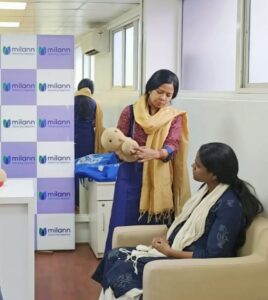CG Oncology Announces First Patient Dosed in PIVOT-006 Phase 3 Clinical Trial of Cretostimogene in Intermediate-risk Non-Muscle Invasive Bladder Cancer

"Illustration depicting the initiation of the PIVOT-006 Phase 3 clinical trial for cretostimogene in bladder cancer treatment."
CG Oncology, Inc. (NASDAQ: CGON), a late-stage clinical biopharmaceutical company focused on developing and commercializing a potential backbone bladder-sparing therapeutic for patients afflicted with bladder cancer, today announced the first patient has been dosed in the PIVOT-006 Phase 3 clinical trial of cretostimogene for the treatment of patients with intermediate-risk NMIBC following transurethral resection of the bladder tumor (TURBT).
“The dosing of the first patient in our PIVOT-006 trial advances cretostimogene earlier in the treatment paradigm for NMIBC patients who face limited treatment options, frequent disease recurrence and repetitive surgery,” said Arthur Kuan, Chairman and Chief Executive Officer, CG Oncology. “Intermediate-risk NMIBC patients face a difficult combination of disease characterized by tumor recurrence and a shortage of BCG therapy which is often reserved for use only in high-risk patients, limiting treatment options for intermediate-risk patients. Our goal with the PIVOT-006 trial is to advance cretostimogene as a potential backbone oncolytic immunotherapy.”
PIVOT-006 is a Phase 3, open-label, two-arm trial enrolling up to 426 intermediate-risk NMIBC patients, one arm to be administered cretostimogene following the standard of care TURBT with the second arm receiving the standard of care TURBT only. The initial induction course is six weekly doses of cretostimogene containing 1×1012 VPs per milliliter. Patients who are recurrence free at month three will receive a maintenance course involving three weekly cretostimogene doses administered at the same dose, in months 3 and 6, followed by single weekly doses in months 9 and 12. The primary endpoint of this trial is overall RFS, with secondary endpoints including RFS at 12 and 24 months and PFS.
“I am excited to see the PIVOT-006 study get underway in the intermediate-risk NMIBC population with cretostimogene, a highly selective oncolytic immunotherapy,” said Neal D. Shore, MD, FACS, the Medical Director for the Carolina Urologic Research Center in Myrtle Beach, South Carolina. “Novel treatment options and clinical trials are essential in NMIBC, particularly in this group of underserved patients who undergo considerable follow up and have limited intravesical therapeutic options. Cretostimogene is a novel therapy which has the potential to be a paradigm shift in how we might manage the ongoing burden of this highly recurrent aspect of bladder cancer.”









